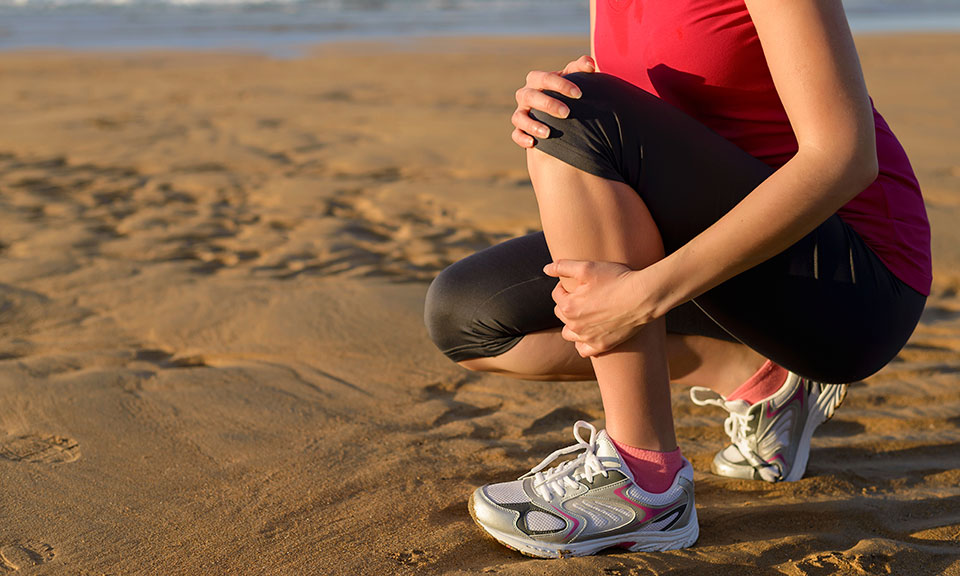How To Prevent Shin Splints

What Are Shin Splints?
Shin splints, or Medial Tibial Stress Syndrome, is generally described as the pain felt in the lower two-thirds of the tibia upon exertion. It is essentially an overuse injury caused by repetitive strain, often seen with running and jumping sports.
READ MORE: Shin Splints (Medial Tibial Stress Syndrome)
There are many intrinsic and extrinsic factors that may contribute to shin pain such as foot mechanics, activity, footwear and muscle activity.
How Do You Prevent Shin Splints?
Here are some tips on how to prevent shin splints, with regard to training.
Take rest days
Give yourself – and your muscles – some recovery time.
Cross train
Overuse injuries develop because of a continuous repetitive strain.
Be sure you are working some other activities in your program.
Pace yourself
Don’t overdo it, follow a training program that increases the frequency, intensity or duration by less than 10% each week to avoid overtraining.
Try running on a softer surface
Trails or a track are ideal, check out our trail running clinics.
Stretch and massage after your workout
Try using a foam or stick roller. We recommend these stretches:
READ MORE: 5 Most Common Running Injuries

How We Can Help With Shin Splints
At Kintec, we will take you through an in-depth fitting process. When choosing the right shoe, we will look at your lifestyle, your movement, and your feet/alignment.
Orthotics
Overpronation of the subtalar joint can lead to excessive loading on lower leg musculature.
Custom foot orthoses can help to reposition the foot to reduce overpronation to reduce the strain on the tissues.
Proper footwear
It is important to have the right shoe for your feet and the activity you are using them for.
Ask yourself the following questions:
Are my shoes appropriate for the activities I am wearing them for?
Depending on the answers to these questions, we can help you find a solution that works for you.
Sara Girard, B. Kin, C. Ped (C)
Kintec Pedorthist
Sorry, the comment form is closed at this time.